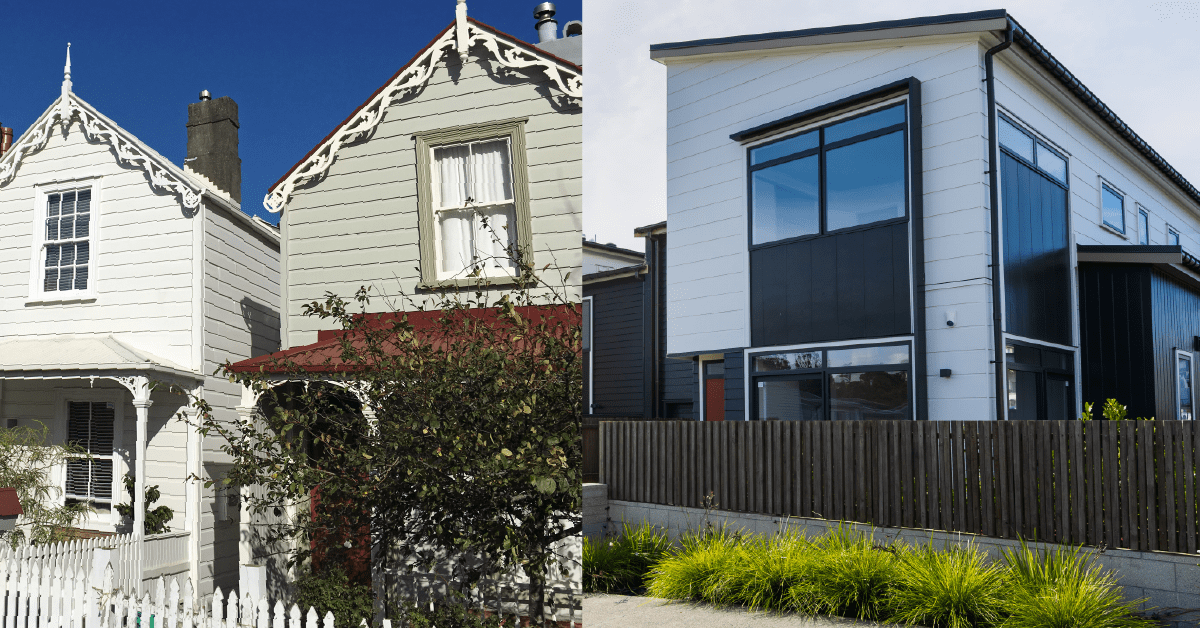They say financial markets are driven by the basic human instincts of fear and greed.
Right now, I’d suggest that doesn’t quite cover what’s going on in the New Zealand property market, where nationally prices are up 20% this year (and in Auckland the median price just hit a cool 1 million) – despite a pandemic and a recession!
Ultra-low interest rates and a lack of housing supply have all had their fair share of airtime and obviously play a major role, but what we don’t often discuss is the power of FOMO (Fear of Missing Out) to send a market into overdrive.
When every news headline and every person at every BBQ seems to be talking about what’s happening to property prices, how much so-and-so’s house went for, and how far over the CV that was – it’s easy to get swept up in it. You start to fear missing out on gains that other people are benefiting from and being left behind.
I’m a big fan of property as an investment but before you rush to climb in and get a piece of what ‘everyone else’ is getting, or hurry to get in before interest rates start to rise – take a breath.
Even in a rapidly rising market, property investment requires you to do your due diligence. Here are a few key things I urge you to think about:
Don’t let low interest rates fool you
Ultra-low interest rates have the ability to make a property look like a better investment prospect that it would be under normal circumstances. I’m always an advocate of balancing yield with capital gain potential and recommend finding a property with a yield of at least 4%. For context, the average yield in Auckland is about 1.8%!
Not all properties are created equal
And thus not all will benefit from an overall rise in prices at the same pace. Buying just any old property is a bit of a scattergun investment approach – you might get lucky, or you might not. At a minimum you need to weigh up the area’s prospects for both population and economic growth and the infrastructure that’s planned for the area (particularly transport infrastructure if you’re considering Auckland). This is before you look at the optics of the property itself. The number of bedrooms, parking and the age of property are among the things that impact the rent you can charge and the capital gain potential.
Property investment isn’t just about equity, it’s also about serviceability.
If you can’t service the debt (using the Bank’s higher testing rates, which can be about 4 percentage points above current rates), your equity won’t mean much. If you’re buying for capital gain (rather than cashflow), you need consider whether you’ll be able to afford to service the debt when interest rates aren’t stupidly low, because you don’t want to have to sell when the timing, or the prevailing market conditions, aren’t in your favour.
Your personal finances matter!
If you don’t have an annual surplus in your personal finances, I wouldn’t be recommending that you invest, even if the property is currently cashflow neutral, or positive. That’s because you need to build a buffer to improve your chances of being able to hold onto it despite a change in circumstances, (hello, Covid) a change in interest rates, or a change in the banks’ lending largesse. Many investors assume that the bank will extend them interest-only mortgages forever – but that may not be the case, and certainly wasn’t the case in the GFC. You need to model what paying principal and interest would look like and how you’d afford it, especially if your personal cashflow is tight or you still have a mortgage on your own home. Ideally, I’d be encouraging you to aim to get mortgage-free as fast as possible, as that frees up the cash to service increased costs on your investment property if the need arises.
Don’t overlook the benefits of buying new.
Among the risks of property investment is big maintenance bills cropping up when you can least afford them. Buying new helps to mitigate that risk, plus, it uses less of your equity and helps to increase the country’s housing stock, which has to be a good thing. Added to that, new properties are only subject to the 5-year bright line test (meaning you won’t pay tax on the capital gain if you hold it for at least five years) and you will still be able to claim the interest costs as a deduction (it’s being phased out for existing properties).
Despite property being Kiwis ‘do-it-yourself’ investment of choice, you still need to treat it like any other investment. That is, consider what you’re trying to achieve, how it fits into your overall financial strategy, what the costs are, what your timeframe is, what the risks are – and how you can mitigate them. Otherwise FOMO could be the least of your worries.
Hannah McQueen is a financial strategist, Financial Advisor, Chartered Accountant Fellow, author and the founder of enable.me – financial strategy & coaching.
Want help to get property investment right? enable.me can help. Book an initial consultation by clicking here.
Disclaimer: This blog post is for informational purposes only and does not constitute individual financial advice. If you’re interested in receiving personalised financial advice, you can book in a consultation with an enable.me coach. Costs apply.



